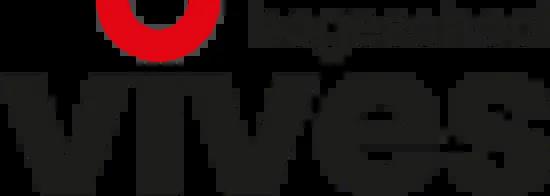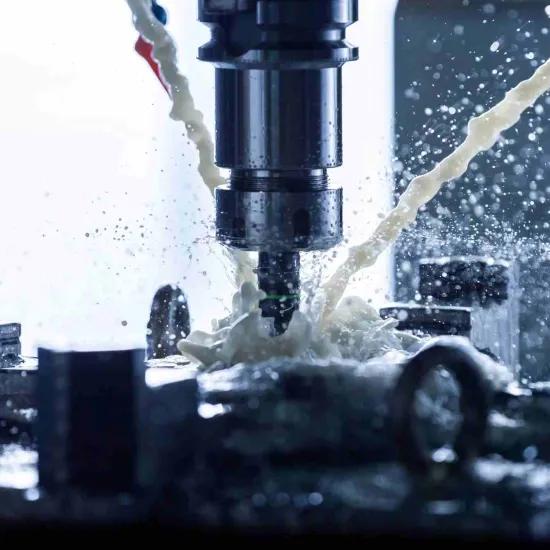For manufacturing industry, Industry 4.0’s answer to today's challenges lies in adaptive processing. The successful application of this depends critically on having both correct (real-time) data and the corresponding structured and digitised working methods. With the start of our model-based machining initiative behind us, it is now time to make the insights gained in the first aspect available in a form useful to industry. This will be done with the launch of a new project on sensor-based machining.
Manufacturing industry faces major challenges in several areas, including flexible switching to meet customer demand, higher productivity, finding the right talent and making the most of production technology. To meet these challenges, we look at the concepts underlying ‘Industry 4.0’: extensive digitisation of production, using (production) data to accommodate variations (autonomously), integrating process knowledge, ensuring quality, etc.
Two sides of adaptive processing
The machining industry often talks about adaptive processing, which involves taking targeted actions based on the current production situation. The successful application of this stands or falls on the availability of correct (real-time) data on the one hand and the corresponding structured and digitised working methods on the other. The first of these is increasingly within reach thanks to the ever-growing range of hardware and software. The second aspect involves moving towards ‘model-based machining’, in which parameterised models (formulas) are used to determine the optimal machining process.
Sirris is currently running an initiative with the support of VLAIO (Flanders Innovation & Entrepreneurship) to offer the second aspect on an online platform (www.modelbasedbewerken.be). The logical next step is to take the insights gained into the first aspect and make them available in a form useful to industry. That is why Sirris and Vives Hogeschool want to set up a COOCK project on sensor-based processing. This project - provided it is supported by VLAIO - will start on 1 January 2024 and will run for two years.
Join in!
For this project, we are also looking for companies that wish to follow up on these insights, developments and results from the driving seat as it were. Participation in the steering group is free of charge but requires attending a few meetings per year and providing input and feedback on the various cases developed by the research institutions.
Does this sound interesting? Don't hesitate to contact us!
You can help us by completing a short survey about the needs and challenges involved.
Project in collaboration with:





